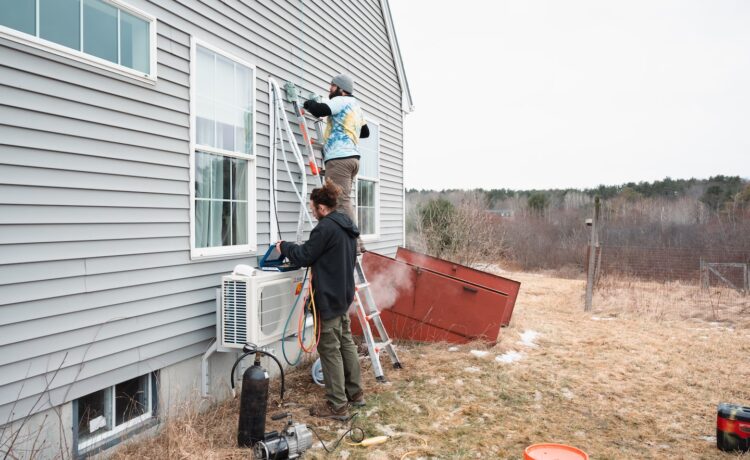Details about the latest funding were shared with the media on an embargoed basis Friday, two days before President Biden’s announcement that he was dropping his reelection bid. The funding reflects how the Biden administration is rushing to distribute climate money before the November election. This month, the Energy Department unveiled $1.7 billion for retooling 11 auto factories to make electric vehicles and their components.
EPA Administrator Michael Regan on Monday is scheduled to join Pennsylvania Gov. Josh Shapiro at an event in Pittsburgh to unveil the grant funding. Shapiro is among the Democrats reportedly being considered as a potential running mate for Vice President Harris, whom Biden has endorsed to replace him.
Monday’s announcement is the second phase of the Climate Pollution Reduction Grants Program, the latest such investment from the Biden administration. The first phase was an allocation last year of $250 million to help local governments cut climate pollution and advance clean economies, said Regan. The funding for these projects comes from the 2022 Inflation Reduction Act, Biden’s signature piece of climate and economic legislation.
The grants “put local governments in the driver’s seat to develop climate solutions that work for their communities,” said John Podesta, the president’s senior adviser for international climate policy.
The projects could reduce emissions by as much as 150 million metric of carbon dioxide equivalents by 2030, the administration said. By 2050, the reductions could rise to 971 million metric tons of carbon dioxide equivalents, the same as the emissions caused by energy use in about 5 million homes over 25 years. Officials hope these projects will not only create jobs but serve as models for future initiatives.
The 25 projects — from states, a tribe, local governments and coalitions — were chosen from more than 300 applications for almost $33 billion in funding. The selections were based off the potential reduction of emissions, the ability to track these reductions and the diversity of industries represented.
Among the selected projects is a Pennsylvania grant program for decarbonization programs across the state, measures in Nebraska to reduce agricultural emissions and waste, and an effort to build electric vehicle chargers for medium- and heavy-duty vehicles along a highway in the Northeast. Money will also go to Alaskan coastal communities to replace residential oil burning systems with electric heat pumps.
This is the “product of bringing everybody on the front lines of the climate crisis into the conversation of how we take on this important work,” said Ali Zaidi, the White House national climate adviser.
Though officials can’t predict what will happen to this initiative come November, Regan said they plan for recipients to receive the money “as early as this fall.”















